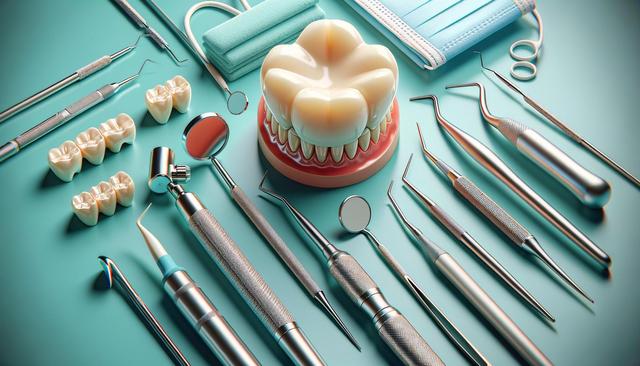The Growing Appeal of Dental Hygiene Programs
Over the past decade, more people have been exploring careers in dental hygiene, and with good reason. Dental hygienists play a critical role in patient care by focusing on preventive oral health, an area gaining more attention as awareness grows around the link between oral and overall health. One major factor driving this shift is the increasing demand for accessible and high-quality dental care. Individuals searching for options like “Dentist Near Me” or trying to “Find Dentist Near Me” often rely on dental hygienists for routine services, making them essential members of any dental team.
Another reason more students are enrolling in dental hygiene programs is the career stability and flexibility the profession offers. Dental hygienists often have the option to work part-time or full-time, in private practices, public health clinics, or even in educational settings. The consistent demand for oral healthcare professionals also means job opportunities are widely available, including in underserved communities where access to dental care is limited. This growing need has led to more accredited programs and training opportunities across the country, making it easier to pursue this rewarding career path.
What Dental Hygienists Do
Dental hygienists are more than just assistants in a dental office—they are licensed professionals who perform a variety of services aimed at maintaining and improving oral health. Their responsibilities include:
- Cleaning teeth and removing plaque and tartar
- Taking and developing dental X-rays
- Applying preventive materials like fluoride and sealants
- Educating patients on oral hygiene practices
- Assessing oral conditions and reporting findings to the dentist
Because they spend a significant amount of time with patients, hygienists are often the first to notice issues that may require further attention, such as signs of gum disease or early indicators of more serious conditions. Their work not only supports the dentist but also plays a vital role in patient education and ongoing care.
Educational Pathways and Requirements
Becoming a dental hygienist typically requires an associate degree in dental hygiene, which can be completed in about two to three years. Many community colleges, technical schools, and universities offer accredited programs that combine classroom instruction with hands-on clinical experience. Topics covered usually include anatomy, periodontics, patient care, and dental radiography.
After completing a program, graduates must pass a national written exam and a regional or state clinical board exam to become licensed. Some hygienists choose to pursue a bachelor’s or even a master’s degree to expand their career opportunities, such as teaching or research. The structured yet flexible nature of these programs is another reason why more people are looking into this field.
Work Environment and Career Outlook
Dental hygienists work in a variety of settings, although the majority are employed in private dental offices. However, opportunities are also available in public health clinics, educational institutions, and corporate environments related to dental product research and sales. The work environment is generally clean, well-lit, and organized, contributing to a comfortable and professional atmosphere.
The job outlook for dental hygienists remains strong. According to labor market trends, employment in this field is expected to grow steadily in the coming years. Contributing factors include an aging population that requires more dental care and greater emphasis on preventive services. As more patients seek services like “Teeth Dental Implants” or search for a “Dentist Near Me,” the need for skilled hygienists to support these procedures continues to rise.
Why It’s Worth Considering
Choosing a career in dental hygiene can be a fulfilling decision for individuals interested in healthcare, patient interaction, and lifelong learning. The role offers a stable income, opportunities for advancement, and the satisfaction of making a tangible difference in people’s lives. For those who enjoy science and care about community well-being, dental hygiene presents a meaningful career path.
Additionally, the short duration of training programs compared to other healthcare fields makes it an appealing option. Many students are drawn to the idea of entering the workforce quickly while still having the potential to grow professionally. Whether you’re someone fresh out of high school or looking to change careers, dental hygiene could be a practical and rewarding choice.
Conclusion: A Career with Lasting Impact
Dental hygienists are integral to the delivery of quality oral healthcare, and their role continues to expand as the healthcare industry evolves. With growing awareness about preventive care and increasing patient volumes searching for services like “Find Dentist Near Me” or “Teeth Dental Implants,” the profession offers both stability and purpose. For those considering a career in healthcare that balances technical skills with patient interaction, dental hygiene is worth exploring. Whether you’re just beginning your journey or seeking a path with long-term value, this profession holds promising opportunities for personal and professional growth.




Leave a Reply